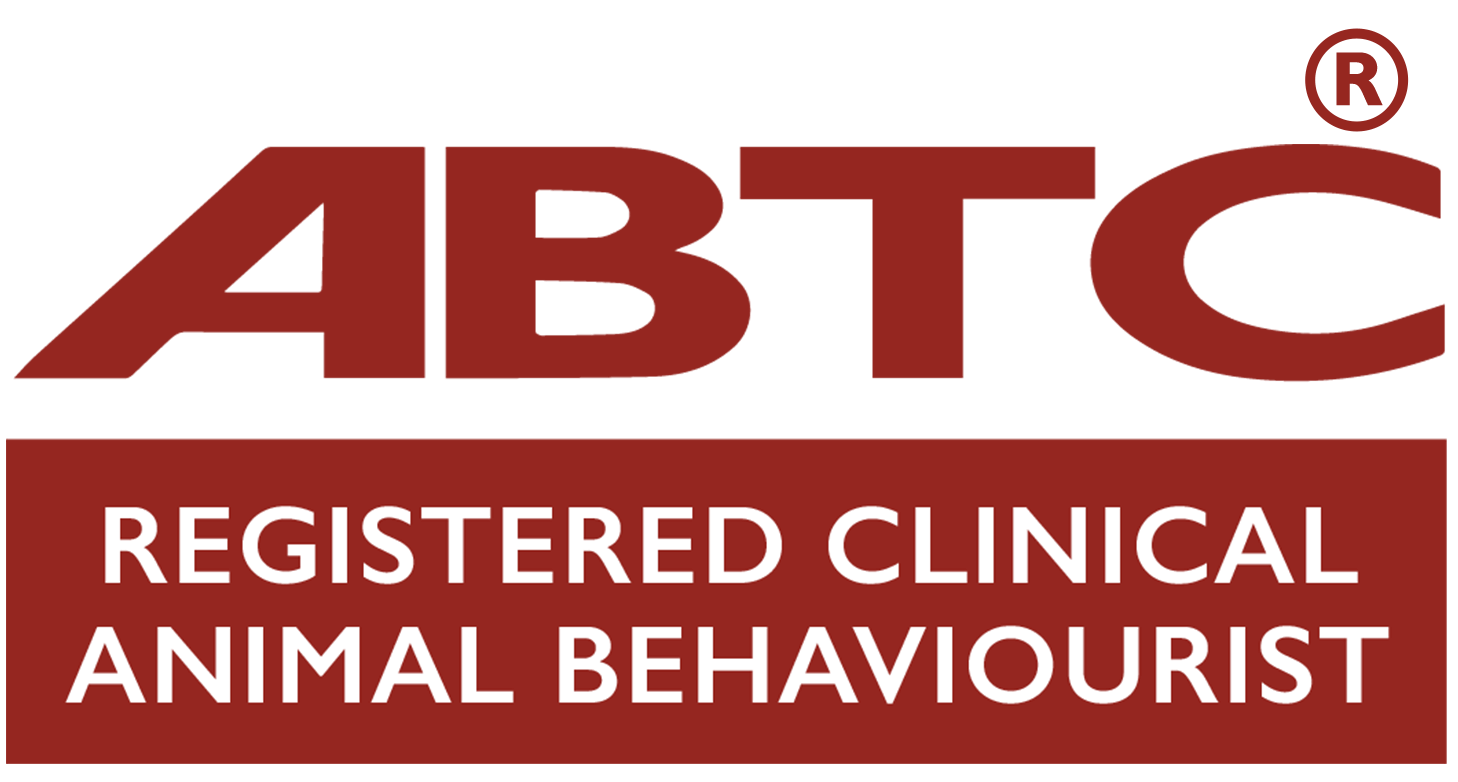Home » Latest news » Deception in dogs
Filter by category:
A new study by Heberlein et al. (2017) suggests dogs have the ability to deceive.
Honesty in animal signals is an important aspect of communication whether that is information about a prey’s unprofitability, a mate’s fitness or both, the message they transmit may determine the evolution of intricate relationships amongst species. Thus signals can be transmitted across generations, as well as genetically. However, Dawkins and Krebs (1979) argued, some signals have a degree of dishonesty and in competitive situations, being deceptive can be beneficial. Henry Walter Bates (1861) developed the first scientific account of deception by way of mimicry with his observations of Amazonian butterflies, leading to the discovery that some (palatable) butterflies had an advantage in mimicking poisonous butterflies to avoid being eaten. In fact, it was Heberlein’s observations of her own dogs engaging in deceptive behaviour that led to this latest study, noting one dog would pretend to spot something outdoors prompting the other to give up his sleeping spot.
The study’s methods and findings…
The researchers from the University of Zürich paired 27 dogs with two different human companions; one who would be ‘cooperative’ giving the dogs a treat in their bowl, and the other was ‘competitive’ showing the dog a treat and then withholding it. The dogs were trained to lead their human companions to boxes containing treats, upon which the cooperative human would give a treat and the competitive human withheld it. The next step was to present the dogs with three boxes; one contained a sausage treat, one contained a dog biscuit treat and the third box was empty – at the end of the exercise the dogs knew they would receive all of the treats that remained. The researchers found when the dogs were instructed to lead the humans to the boxes with treats, they did not lead the competitive human to the tastiest treats. Instead, the dogs largely led them to the empty box. The researchers suggested the dogs recognised their only chance to get the rewards were to mislead the competitive humans, concluding that dogs demonstrated flexibility in adjusting their behaviour and “that they are able to use tactical deception.”
This study supports previous findings by Chijiiwa et al. (2015) where dogs’ distinguished from helpful and unhelpful humans, shunning unhelpful people – similar behaviour shown in human infants (see our article on cooperative communication).
Whilst the Heberlein et al. (2017) study involved a small sample size, it does provide further evidence of our four-legged friends’ impressive cognition skills.
Learn more about our classes

Get Hanne's Book
Playing With Your Dog will help any dog owner work out the games that are best suited for their pet to play throughout his life, from puppyhood to old age. The book also shares some tricks for all ages, group activities, and recommended toys that dogs will enjoy.

























